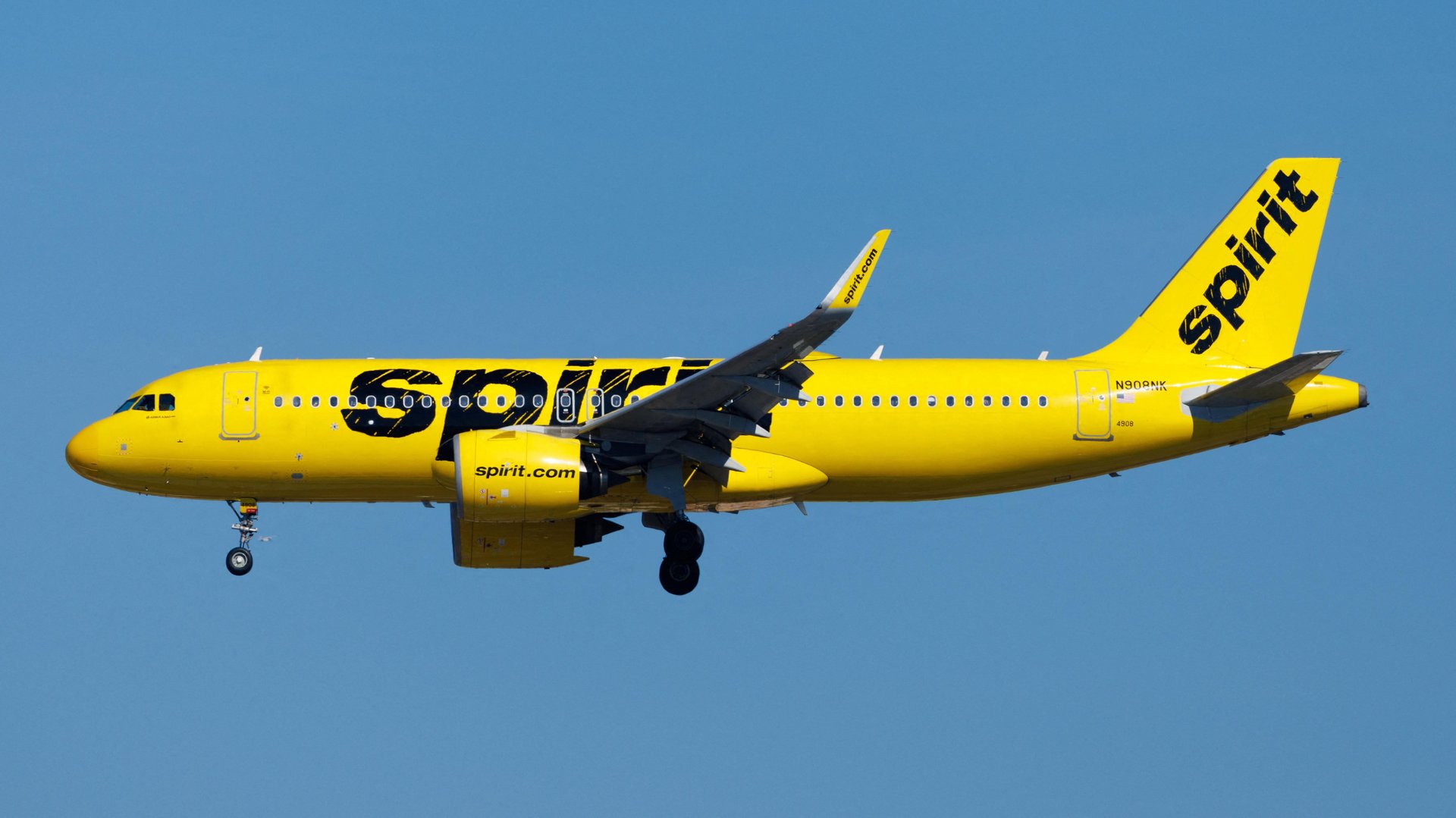Spirit Airlines stock hit a record low because the JetBlue merger is off
Spirit Airlines is going to need way more than a $69 million breakup fee from JetBlue to fix its problems

It might be difficult to parse whether the breakup between JetBlue Airways and Spirit Airlines was as mutual as the companies laid out in respective statements on their called-off $3.8 billion merger. Spirit’s first sentence says that it “announced that its merger agreement with JetBlue Airways Corporation has been terminated by mutual agreement.” Passive-voice, the passive termination, the mortal mutual agreement shoved all the way to the end of the sentence. The first sentence of the JetBlue note, on the other hand, “announced that it has reached an agreement with Spirit Airlines to terminate their July 2022 merger agreement.” Still passive, but JetBlue is the one doing the agreement-reaching with Spirit; a discussion was had, and it looks like one party was doing more talking than the other.
Suggested Reading
But who broke up with whom isn’t the most immediate concern right now. The two companies couldn’t save their deal from the anti-monopolistic clutches of the U.S. Justice Department, and now Spirit’s stock is tanking. It was down more than 14% in mid-day trading on Monday, to $5.50 per share, but gained some altitude by the end of the day to $5.76 per share.
Related Content
The lowest Spirit stock has ever closed was $5.70 in January a couple days after a federal judge ruled that its merger could not go forward because it would reduce competition too much among U.S. airlines. Barring some really, really good news, Spirit shares look likely to crash through that floor.
JetBlue is in a better position to succeed without Spirit than the other way around. It’s had losses the past couple of quarters, and revenue growth is in the negative, but it has been trying to cut costs and seems confident that it can turn things around. Its stock is up 18% for the year, and it seems to be winning the breakup in the stock market today especially, with its shares up about 2% in Monday trading.
Spirit, on the other hand, is in a major bind. The carrier is getting $69 million from JetBlue as a consolation fee, but between major ongoing losses and $1.6 billion in debt that starts coming due in less than a year, it will really have to make that money stretch.
Some analysts think the company is heading toward liquidation, and the Wall Street Journal reported last month that the airline brought on law firm Davis Polk & Wardwell and investment bank Perella Weinberg to help buy some wiggle room on that front. When the JetBlue merger was first blocked, the ratings agency Fitch downgraded Spirit’s rating to B-, the last stop being CCC, where “material default risk is present” slips to “default is a real possibility.”